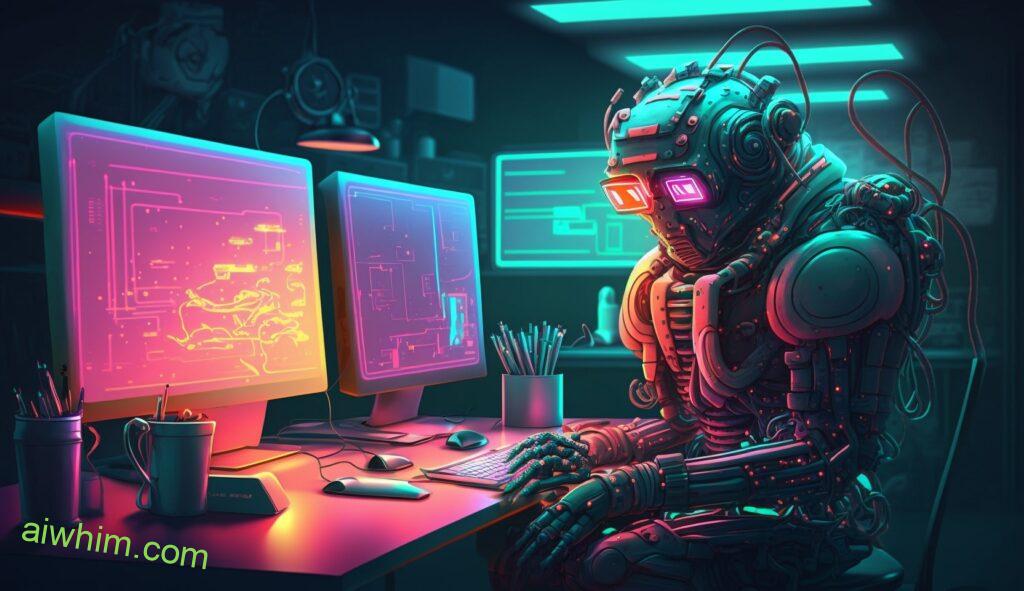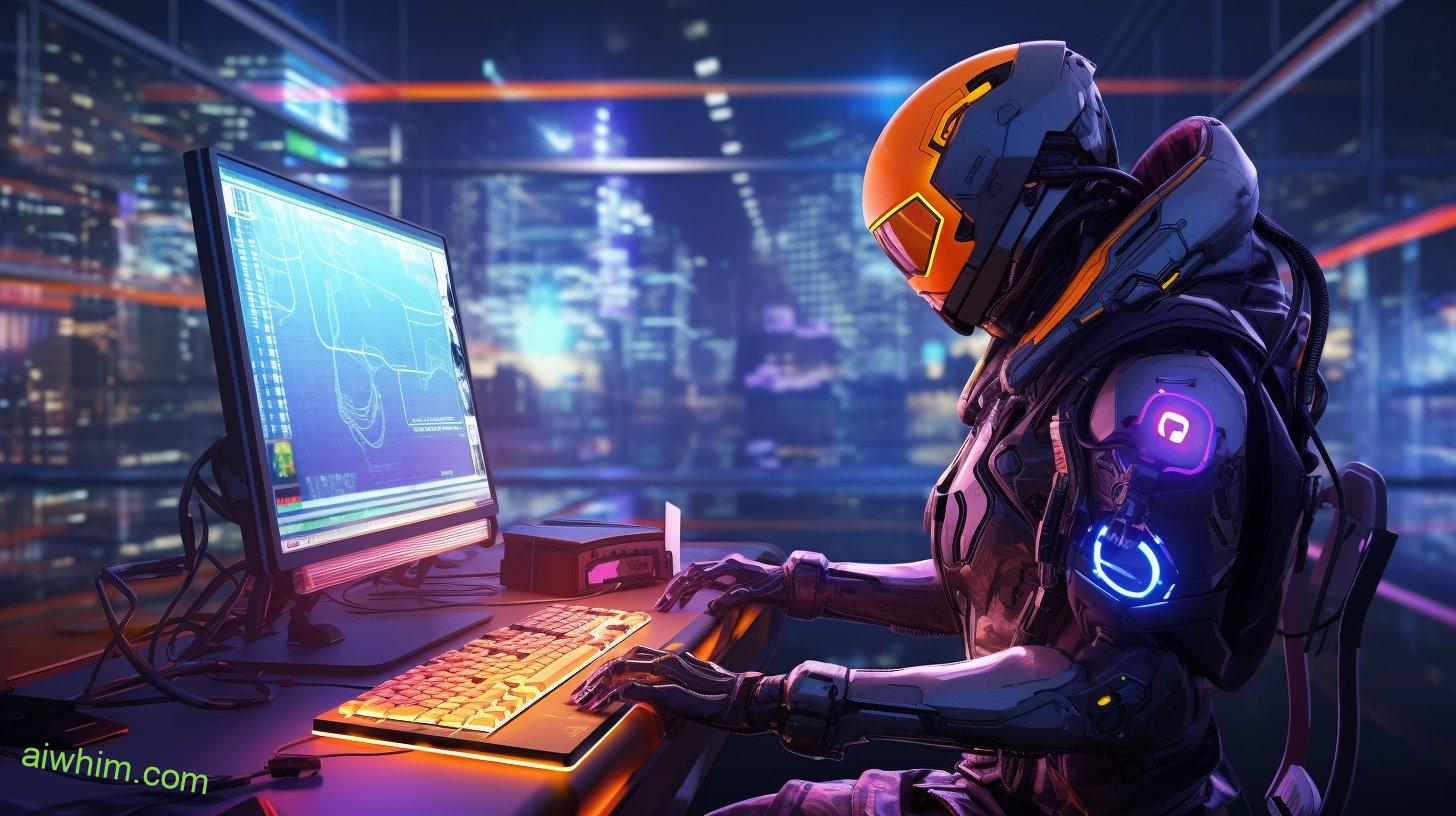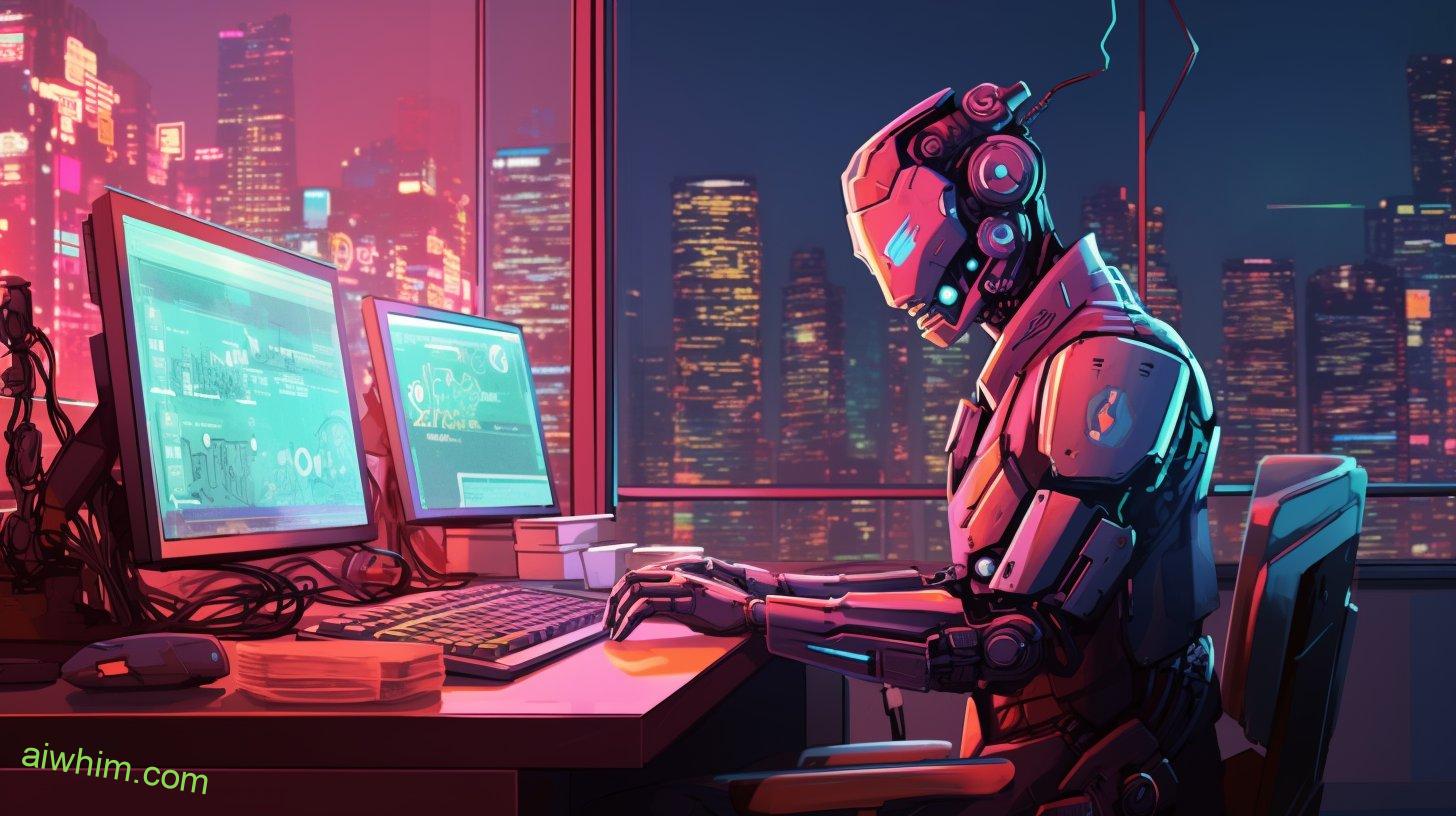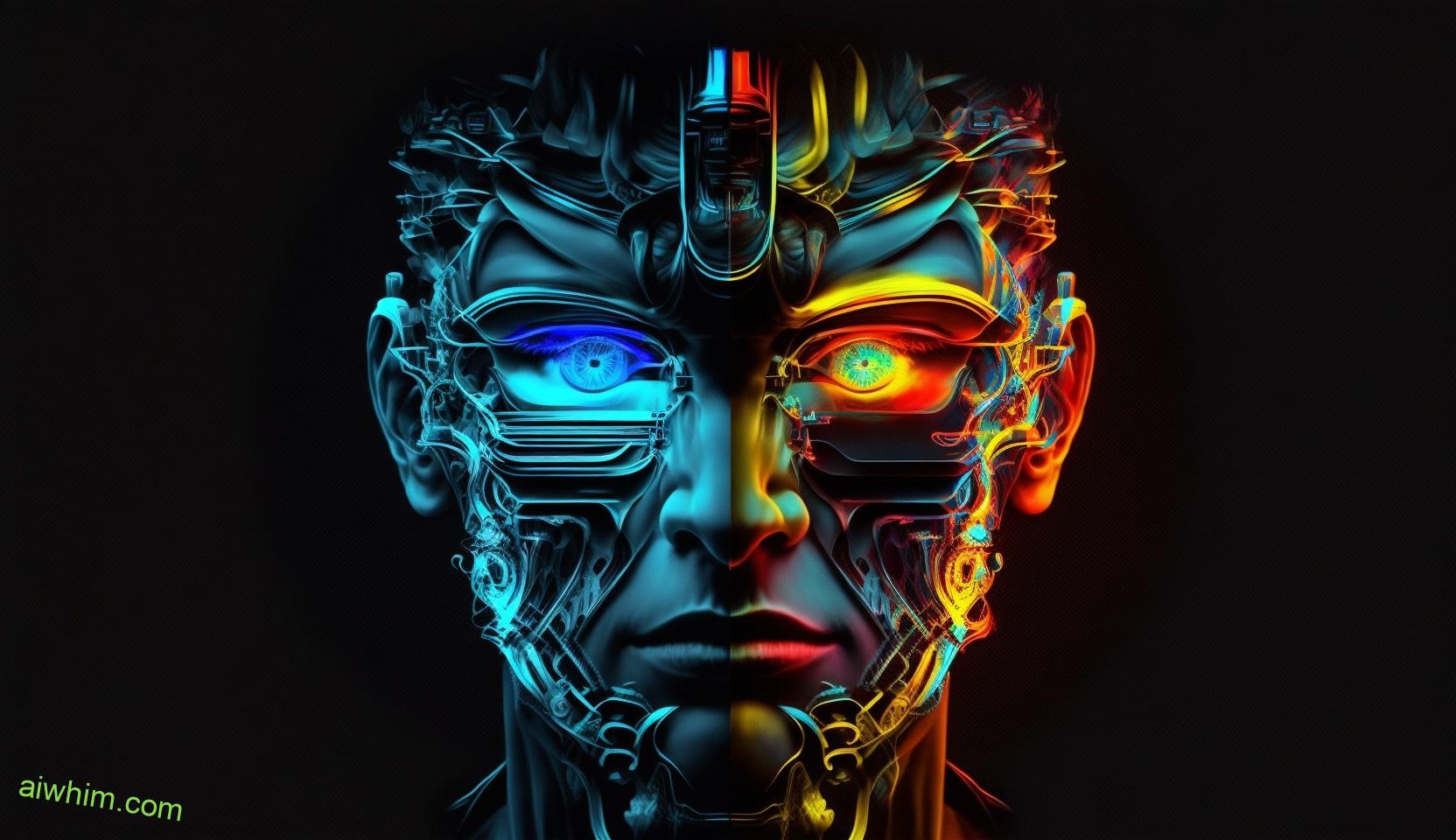The advancement of artificial intelligence is transforming the workplace as we know it. But what does this mean for engineering jobs? Is there a risk that engineers could be replaced by AI? In this article, we will explore how AI can impact the job market and whether or not engineer jobs are in danger of being taken over by machines.
As technology advances at an unprecedented rate, more tasks than ever before are now able to be completed with automation. From driverless cars to medical diagnostics – AI has created possibilities that were once only dreamed about. And while these advancements have made lives easier, some people fear they could lead to unemployment.
Engineers play an essential role in society; from designing bridges to developing new software solutions – their skillset is invaluable and sought after around the world. So if intelligent robots become capable of performing complex tasks, does this put engineering jobs at risk? Could humans soon find themselves competing against robots for work? We’ll discuss this issue and more in the following paragraphs.
By the way, read these articles instead if you are specifically interested in how AI affects mechanical engineering jobs, in AI’s impact on the civil engineering profession, or in AI in electrical engineering careers.
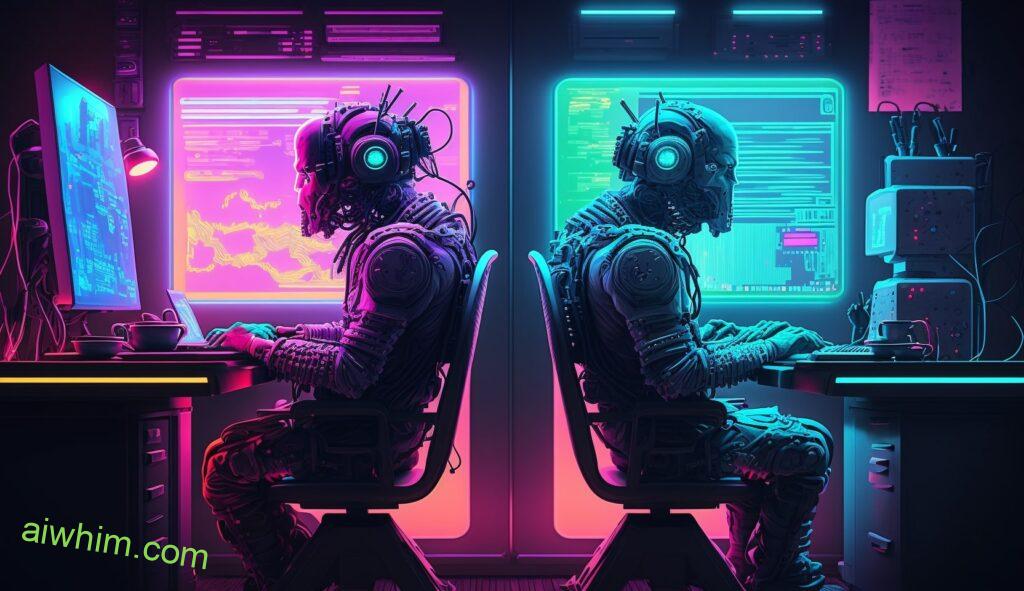
Definition Of Artificial Intelligence
Artificial Intelligence (AI) is the development of computer systems that can perform tasks which are normally done by humans, such as decision-making, visual perception and language understanding. AI relies on data analysis, machine learning and deep learning to develop intelligent solutions for problem solving. Machine Learning involves using algorithms to enable computers to learn from large amounts of data without being explicitly programmed. Deep Learning uses artificial neural networks to process vast amounts of data in order to identify patterns and make decisions based on them.
The potential applications of AI are vast; ranging from autonomous vehicles to medical diagnosis and even legal advice. In addition to this, many industries have started utilizing AI technology in their daily operations due to its efficiency and accuracy. With increasingly powerful computing capabilities at disposal, it’s becoming easier than ever before for machines to take over mundane tasks that would otherwise require human intelligence or effort.
This leads us to ask the question: could engineers soon be replaced by robots? It’s a difficult one to answer but what we do know is that AI has already made significant advances into areas traditionally occupied by people – including design engineering, construction and manufacturing jobs – reducing the need for manual labor while increasing output quality significantly. Ultimately though, whether or not engineer jobs will be replaced by AI depends heavily on how quickly businesses embrace this new technology and how well they implement it into their processes.
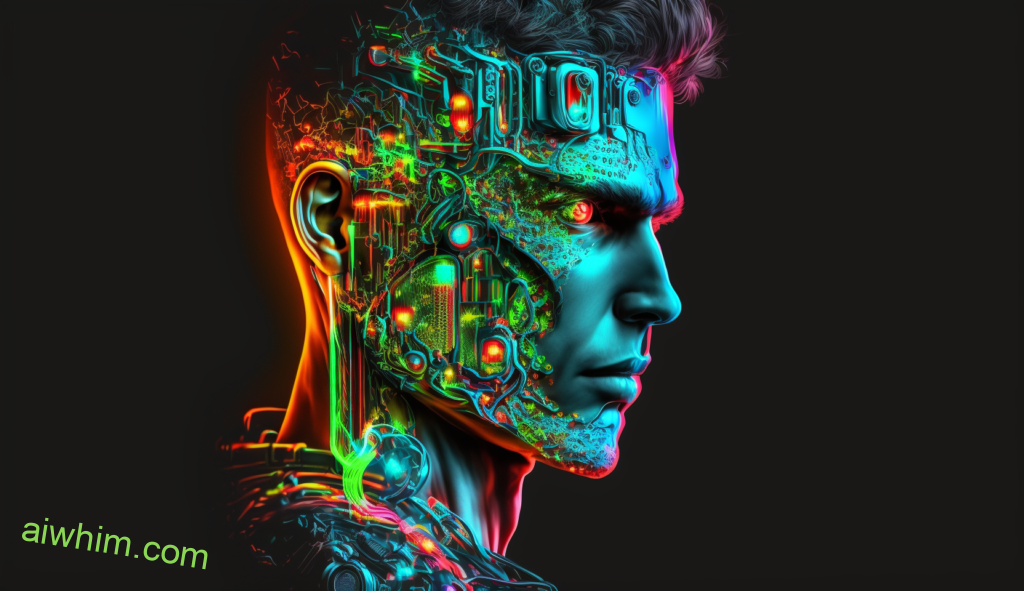
Overview Of Engineering Occupations
Engineering occupations are varied and far reaching. There are many different engineering fields, from aerospace to software development, each requiring specialized knowledge and expertise. This means that the roles of engineers can range from designing aircraft engines to creating apps for mobile phones. Engineers also make a huge contribution to society in terms of solving problems related to health care, energy production and environmental protection.
In order to have a successful career in engineering, it is important to understand the different types of engineering occupations available. For example, civil engineers design structures such as bridges or roads while electrical engineers create systems used by electric devices such as computers or refrigerators. Mechanical engineers design machines like pumps or turbines while computer scientists use programming languages to build applications or websites. Chemical engineers develop processes that transform raw materials into usable products while biomedical engineers work on medical equipment and treatments designed to improve patient outcomes. Finally, industrial engineers analyze how people interact with machines, technology and information systems so they can be optimized for efficiency and productivity.
The rapid advancement in artificial intelligence has led many people to ask whether certain engineer jobs will eventually be replaced by AI-based systems. While there is no definitive answer yet, what we do know is that human creativity plays an essential role in research and innovation that machine learning algorithms cannot fulfill just yet – at least not without significant input from skilled professionals across various engineering fields. Therefore, although some traditional tasks may become automated over time, the need for qualified engineers isn’t going away anytime soon!
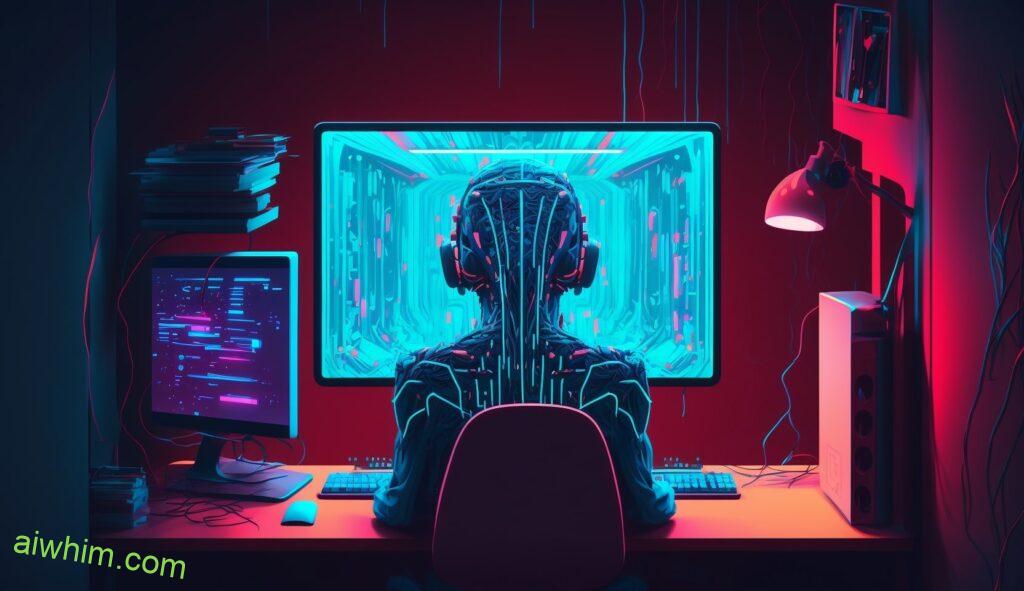
Potential Automation Of Engineering Work
With the advancements of technology and artificial intelligence, it may seem like engineering jobs are on the brink of being replaced by automation. However, this could not be further from the truth – although there is a potential for some engineering work to become automated, engineers will still play an integral role in our society.
To understand how automation might affect engineering work, we must look at what tasks can currently be done through automation and which require human input. Automation is great for completing mundane or repetitive tasks with precision, such as data entry or sorting materials. But when it comes to creative problem-solving or designing new systems and products, humans remain superior to machines. Here are three ways that engineering automation can increase productivity and efficiency:
- Automating processes helps reduce mistakes caused by manual errors
- Automated systems help speed up product development cycles
- Automation tools allow engineers to focus on higher value tasks like research and innovation
It’s clear that while certain aspects of engineering work have the potential to be automated, human judgement will always be required when making decisions about complex design challenges where each situation is unique. It’s also important to note that engineers don’t just hand over their job duties completely – they utilize various types of software tools throughout the process in order to complete those same duties more efficiently. This shows us that even if parts of their job get taken away by automation, engineers will still find ways to stay relevant in a rapidly evolving world.
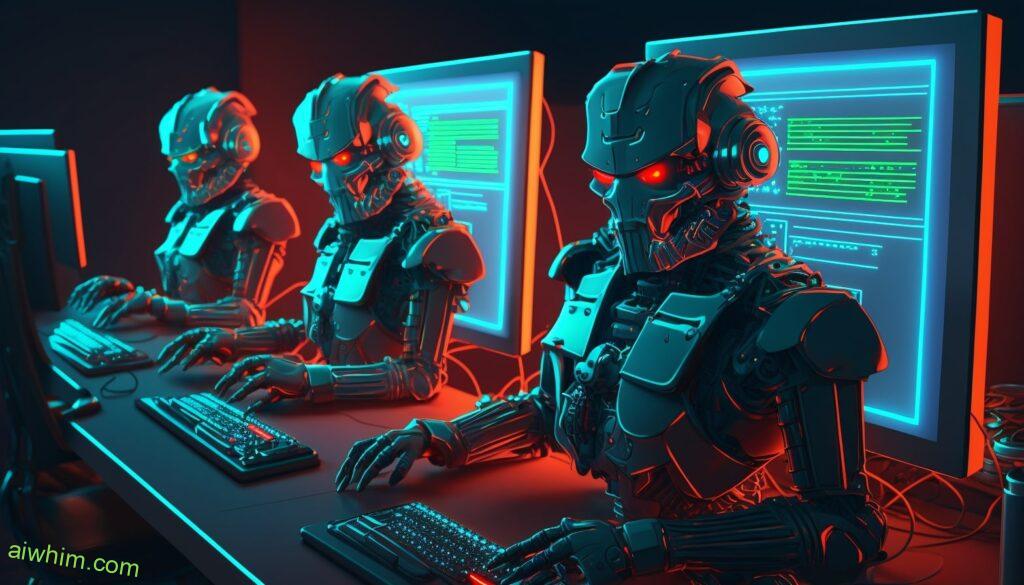
Benefits Of AI In Engineering
The potential of artificial intelligence (AI) to revolutionize engineering is undeniable. By leveraging advanced machine learning and predictive analytics, engineers can automate tedious tasks such as data analysis and project management, freeing up time for creative problem-solving and innovation. In addition, AI-based virtual assistants have the ability to provide assistance with complex calculations, allowing engineers to work faster and more efficiently than ever before.
Another benefit of incorporating AI in engineering is enhanced accuracy when dealing with large datasets or intricate designs. With automated tools handling much of the grunt work that would otherwise be done manually by a human engineer, mistakes are less likely to occur due to fatigue or distraction. Furthermore, automation allows engineers to focus on higher-level tasks while being able to trust that their robotic counterparts will carry out mundane processes accurately and without error.
The use of AI-powered technology promises major benefits not only in terms of productivity but also creativity; it enables engineers to explore new ideas without having to worry about the tedium associated with performing repetitive tasks. This frees them up to think outside the box and create solutions that weren’t possible using traditional methods. All in all, it’s clear that A.I has the potential to completely redefine how engineering projects are completed – giving engineers both greater autonomy and increased efficiency at every stage of development.
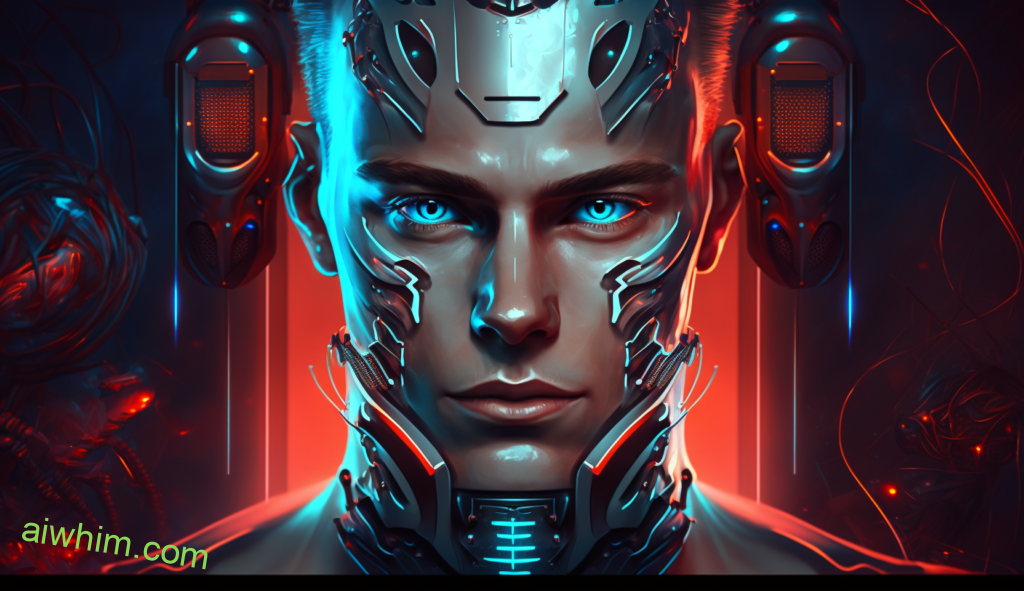
Challenges Of Implementing AI In Engineering
While the potential of Artificial Intelligence (AI) to improve engineering productivity is undeniable, there are several challenges that must be addressed before it can be effectively implemented in the field. One such challenge is ensuring AI systems are secure from malicious actors and accidental errors. As AI-driven automation becomes more prevalent, security risks become increasingly important for engineers to consider when designing new systems or deploying existing ones. Additionally, implementing AI into engineering projects requires an understanding of how algorithms work and how they can best optimize processes while minimizing unintended consequences like job losses due to automation risk.
Another major challenge of integrating AI into engineering is staying up-to-date with changes in technology as well as advances made by competitors who may have access to better resources or a greater knowledge base than your own team does. Engineers need to stay informed of industry trends and advancements so they can apply them appropriately and remain ahead of their competition when it comes to utilizing cutting edge technology within their designs or products.
Finally, successful implementation requires a level of trust between engineers and technicians involved in the project and those responsible for managing the process at large—a difficult task given the inherent complexities associated with using AI. While it’s clear that these challenges exist, engineers should know that if properly planned out and executed, incorporating A.I into their projects could bring about improvements in efficiency, accuracy and cost savings that would far outweigh any difficulties encountered along the way.

Implications For Employment Opportunities
The potential of AI to automate engineering tasks has created uncertainty in the field and raised questions about how it will impact job opportunities for engineers. As automation increases, there is a risk that some engineer positions may be eliminated or modified by artificial intelligence systems. This raises important considerations for both employers and current and future professionals in engineering.
For employers, incorporating AI-based solutions into their operations can potentially reduce labor costs while increasing efficiency and productivity without sacrificing quality standards. However, they must also consider whether such automation would eliminate the need for certain jobs currently held by engineers, or lead to fewer openings in the future due to increased automation capabilities.
Meanwhile, those who are considering entering the engineering profession should take note of these changes as well. With higher levels of automation powered by AI, additional skillsets beyond traditional engineering ones may become necessary for success; this could include proficiency with programming languages used for machine learning applications or knowledge of specific types of engineering automation software tools. Although there may still be many employment opportunities available to engineers, those preparing to enter the workforce should have an understanding of what technical aptitudes are required in order to stay competitive among other AI professionals who are seeking similar positions within the industry.
Overall, despite any possible implications that increased usage of AI-based technologies may have on employment opportunities within engineering fields, adapting to these changing dynamics is imperative if individuals want to remain successful in today’s competitive workplace environment–especially when it comes to leveraging emerging skills related to various forms of engineering automation technology being developed each day..
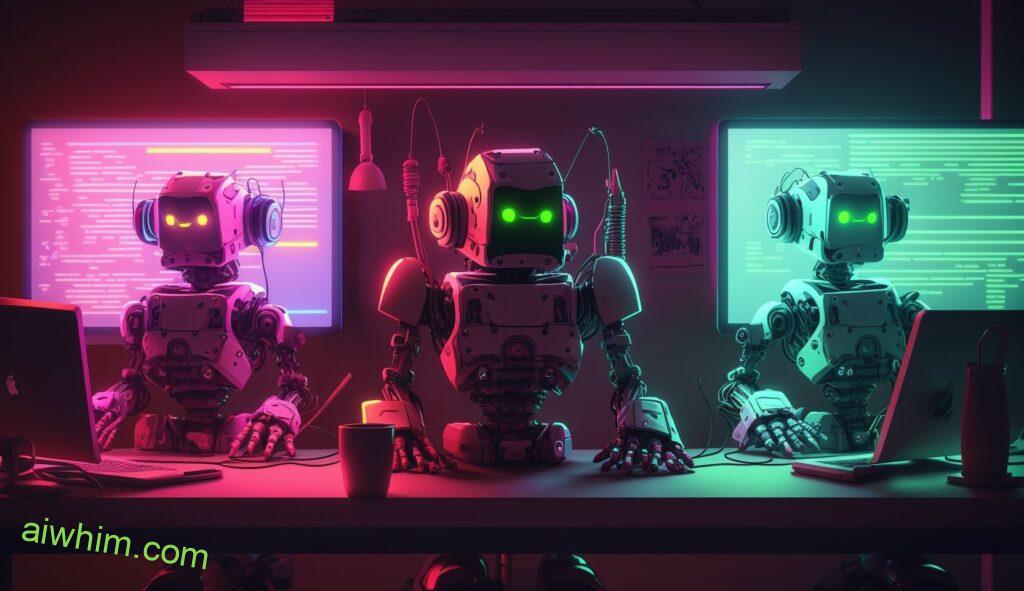
Impact On Quality Assurance And Safety
The risk of engineering jobs being replaced by AI is a real concern. Although automation can improve the efficiency and accuracy of engineering tasks, it can also lead to mistakes that could have disastrous consequences. Quality assurance and safety are paramount in any industry involving engineering, so this potential risk needs to be taken into account when considering automation.
Firstly, quality assurance must come first when introducing any type of automated process or task. Without proper checks on its performance, accuracy and reliability, an automated system can quickly become unreliable; leading to errors with potentially serious outcomes. Human oversight is still essential for ensuring the highest standards of quality control. It’s important that engineers remain at the forefront in monitoring the systems they create, in order to ensure they perform as expected.
Safety is another key factor when introducing automation into engineering processes. Automation may reduce human error but there are risks associated with using machines to complete tasks which require precision or complexity. Any failure within an automated system could result in significant damage if not handled properly – making safety measures all the more critical. The use of reliable fail-safe mechanisms should be implemented whenever possible to prevent such scenarios from occurring; thus reducing risk and protecting against accidents or disasters caused by technology malfunctioning due to lack of maintenance or unexpected malfunctions.
In addition, regular testing of automated systems should be conducted in order to monitor their performance and identify any issues before they become a major problem for engineers or consumers alike. This will help ensure that any problems are detected early and addressed appropriately – allowing engineers to avoid costly mistakes while minimizing safety risks as much as possible. All these considerations must be taken seriously if we want engineers and automation technologies work together efficiently while maintaining high levels of safety, security and quality assurance throughout every stage of development and implementation.
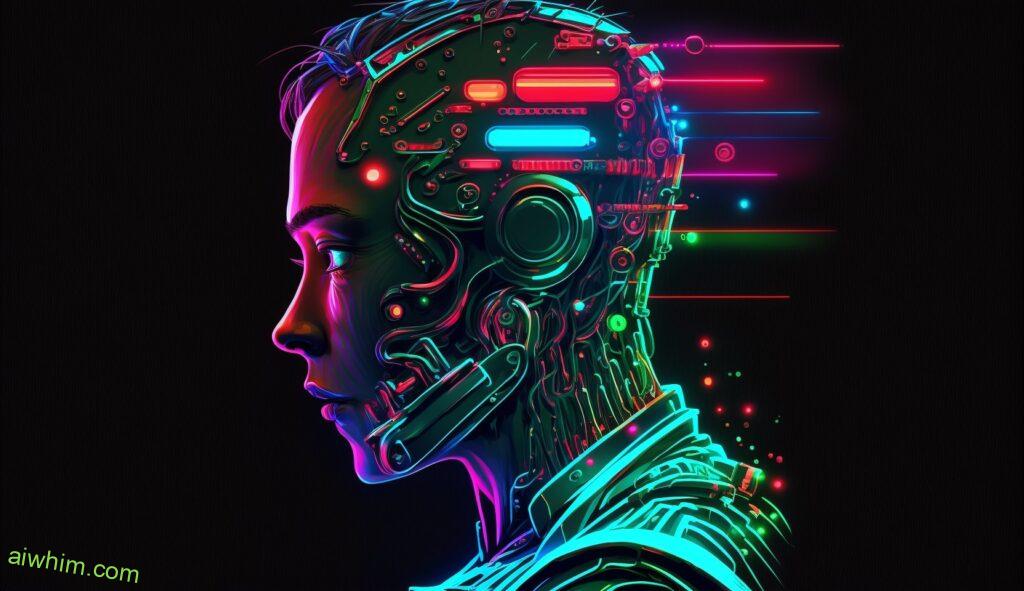
Advantages And Disadvantages For Companies
Well, it’s a double edged sword. On the one hand, companies can benefit from AI-enabled engineering jobs as they offer cost savings and scalability to businesses. It allows them to get more done with fewer resources and improved efficiencies. On the other hand, there is also a risk that these jobs will be replaced by artificial intelligence in the future, leaving many engineers without work.
AI could potentially provide faster results for certain tasks than humans since machines don’t need breaks or sleep – but this comes at a price of job losses. Not only would engineer’s roles be threatened by automation but so too would those of IT professionals who monitor and manage computer systems and networks due to their reliance on automated processes such as machine learning algorithms.
And while some people might not like the prospect of robots taking over engineering roles, others may see it as an opportunity to take advantage of new technology in order to make life easier. After all, it gives people the chance to focus less on mundane tasks and more on creative pursuits that bring greater satisfaction – something we could all use right now!
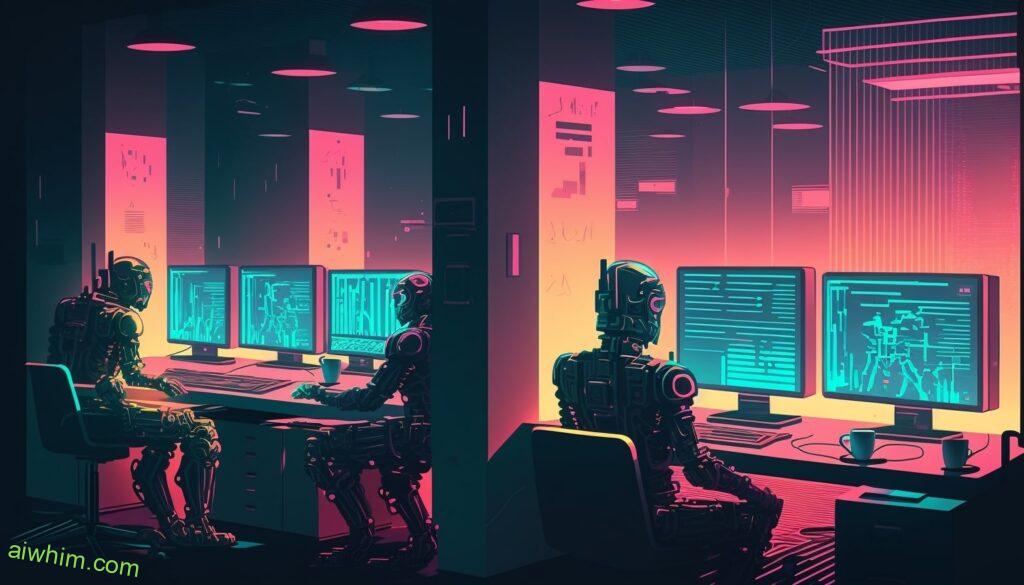
Impact On Society
The potential for artificial intelligence (AI) to replace engineers has raised numerous questions about the societal impact of such an event. While it could possibly lead to economic benefits in terms of efficiency, cost savings and improved productivity, these gains may come at a price for society as a whole.
One major concern is that AI-driven automation will increase unemployment levels, particularly within engineering fields. This could have a significant financial effect on those who become unemployed; not only would they lose their incomes, but also any associated health or pension benefits. In addition, there would be broader implications if large numbers of engineers were displaced by AI technology since this could reduce consumer spending power and further depress local economies where job losses occur.
Finally, even if new opportunities arise due to increased efficiencies created by AI technology, existing workers may find themselves unable to transition into these roles without specialized training. This means that many people could potentially miss out on the advantages brought by technological progress unless appropriate measures are taken to ensure everyone can benefit from advancements in engineering capabilities powered by Artificial Intelligence.
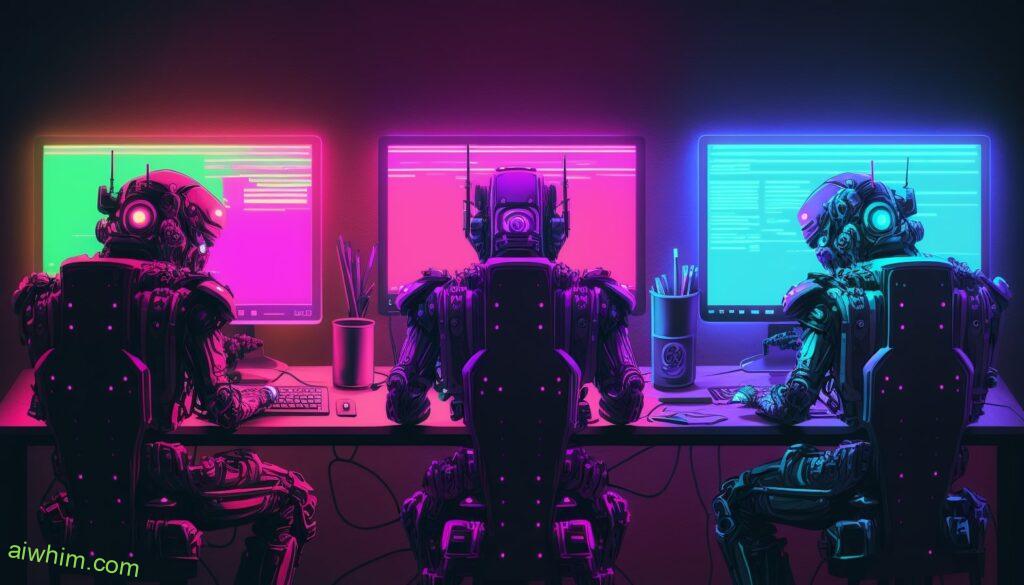
Ethical Considerations
Recent studies have revealed that a whopping 38% of jobs in the engineering sector are at risk of automation. This alarming statistic raises ethical considerations about the implications for society if engineers become replaced by AI.
The issue of automation ethics is complex, as it deals with concerns such as job security, economic stability, and social justice. There is an argument to be made that greater efficiency through technology can benefit humanity on a large scale, but there are also legitimate fears about the impact of widespread automation on people’s lives. Many experts believe that governments should take steps to ensure workers’ rights are protected even when faced with technological advances.
We need to consider how we can use AI responsibly and ethically while still allowing everyone to enjoy freedom and autonomy over their own destiny. Questions like who will benefit from AI-driven machines must be explored before introducing them into our daily lives. The potential benefits cannot come without carefully considering the ethical ramifications of unleashing new technologies onto society.
A framework needs to be established which outlines exactly what kinds of work and industries require human labor rather than machine labor, so that future generations will not suffer due to decisions made today. It is essential that any shift towards using more automated systems takes place within an ethical context which respects the rights and wellbeing of citizens around the world.
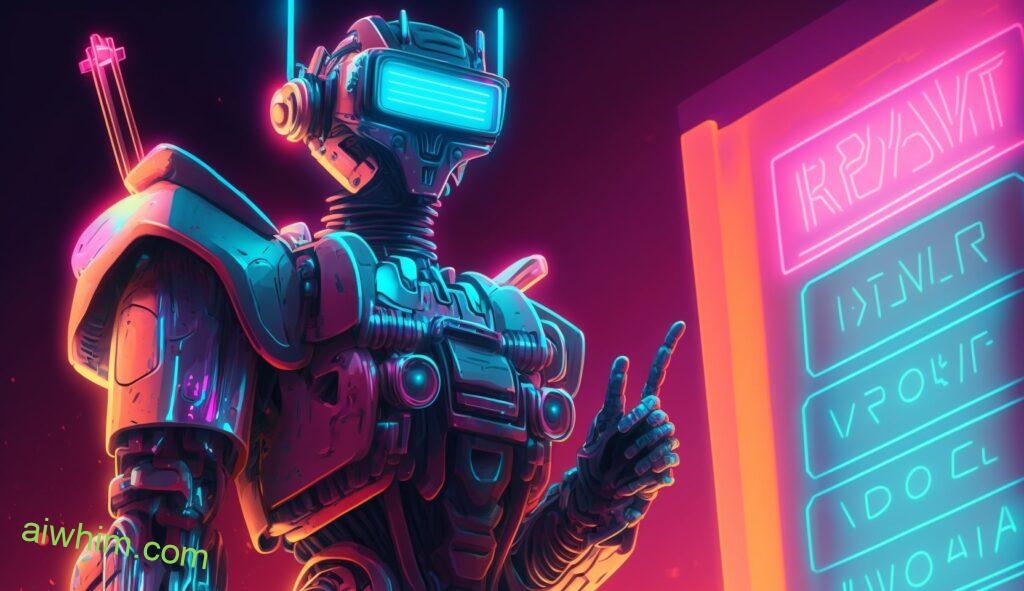
Potential Solutions For Engineers
The ethical considerations of engineering job automation have been discussed, leaving us with the question: what can engineers do to ensure they are not replaced by AI? The answer lies in retraining and shifting their careers.
Engineers must stay ahead of the technology curve if they want to remain employed. With many companies already utilizing AI for certain tasks, engineers need to be prepared to adapt and learn new skills. They must also look into career shifts that allow them to use their expertise in a different field or industry. Engineers should take advantage of online courses, bootcamps, seminars, workshops – any resources available that will help them gain knowledge about emerging technologies like artificial intelligence (AI). Additionally, networking is essential; it increases one’s visibility within the tech community and helps build relationships which can lead to more opportunities.
By taking these measures, engineers will be better positioned for success regardless of the impact AI may have on their current roles. Taking initiative now ensures that future generations of engineers don’t face an uphill battle when trying to compete against robots. It’s time for engineers everywhere to get creative and focus on ways they can expand beyond traditional engineering roles so they’re able to thrive in this ever-changing technological landscape.
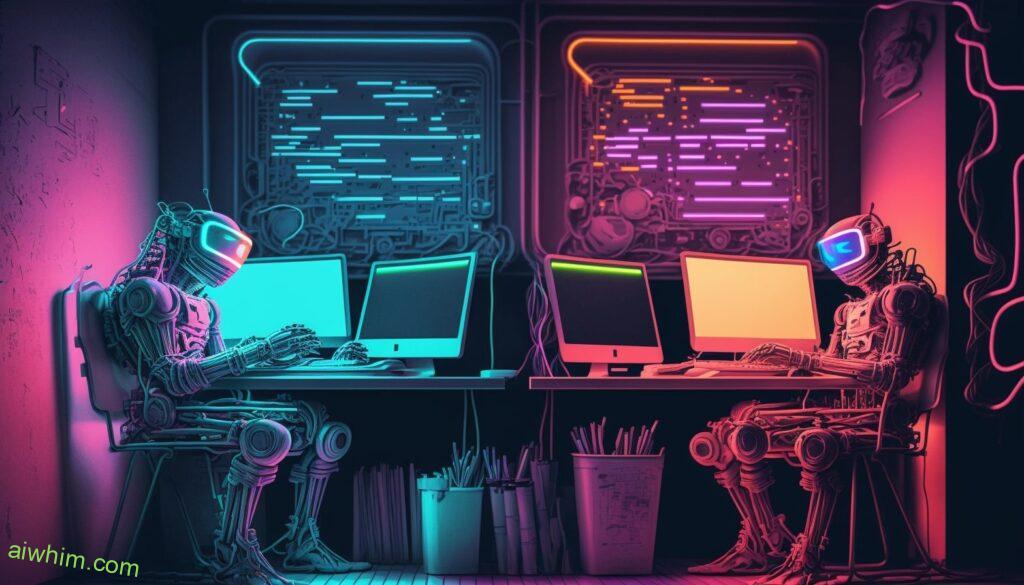
Examples Of Companies Using AI For Engineering Jobs
The march of technology is unstoppable. In recent years, Artificial Intelligence (AI) has become a powerful tool that’s revolutionizing engineering jobs across many industries. Companies are using AI-enabled engineering to automate tasks and reduce costs while improving productivity and providing greater accuracy in results.
Take for example, the oil and gas industry. With more stringent safety standards being imposed on their production activities, companies have turned to A.I enabled technologies such as machine learning to detect anomalies before they happen. As data from sensors continues to be collected, algorithms can identify changes in temperature or pressure faster than any human operator ever could – reducing the risk of accidents occurring due to faulty equipment or processes.
Another great example comes from automotive manufacturing where advances in robotics and automation are allowing engineers to design vehicles with far greater precision than previously possible. This not only improves quality control but also reduces the amount of time needed for prototyping new models–saving valuable resources along the way. Similarly, AI can be used for aircraft maintenance by monitoring parameters such as vibration levels, airspeed, engine performance etc., which helps ensure planes remain safe throughout their life cycle.
In short, advancements in engineering AI are helping drive innovation while increasing efficiency and making operations safer at the same time–allowing for freedoms never thought possible just a few decades ago!
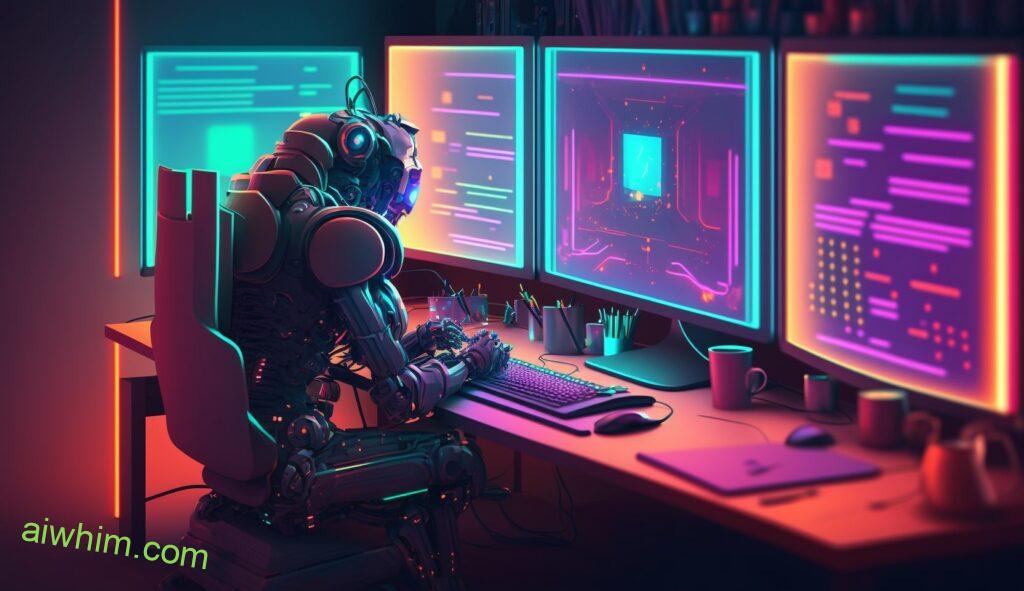
Forecasted Future Trends
The integration of Artificial Intelligence (AI) into engineering jobs is an ongoing trend, and it’s likely to continue in the foreseeable future. While there may be some risk that AI could replace engineers in certain roles, experts agree that the best way forward is through engineer-ai integration.
Below are three key trends expected to shape the development of AI for engineering:
- Automation – Automation will become increasingly important as companies leverage AI technologies to increase efficiency. This means more tasks can be completed with fewer resources and less time investment from human engineers.
- Automated machine learning algorithms will enable faster data analysis and predictions.
- Robotics technology will allow machines to perform complex tasks autonomously without direct intervention from engineers.
- Leveraging automation tools can help reduce labor costs and improve product quality control.
- Data Analysis – As data becomes ever more abundant, AI systems need to be able to analyze larger datasets quickly and accurately. Machine learning models combined with natural language processing techniques can extract meaningful insights from large volumes of unstructured information.
- Companies will use predictive analytics to anticipate customer needs before they arise.
- Advanced visualization tools can display complex data sets in ways that are easier for humans to understand and interpret.
- Real-time monitoring systems powered by AI can detect anomalies or changes over time which would otherwise go unnoticed if monitored manually.
- Engineering Productivity – Engineers must keep up with new advancements in order to remain competitive in a rapidly changing environment; this means having access to the latest tools and technologies available on demand wherever needed. By leveraging cloud computing services such as Amazon Web Services (AWS), software developers have access to powerful computational resources at their fingertips whenever needed, allowing them to focus on innovation instead of worrying about hardware limitations or lack thereof when working remotely or collaborating with other teams around the world.
A shift towards engineer-ai integration is inevitable given these forecasted trends, but how much impact AIs have on engineering jobs remains uncertain due to technological developments happening at a rapid pace every day! With continued advances in artificial intelligence research, we’ll soon find out what implications this has for engineering professions worldwide — stay tuned!
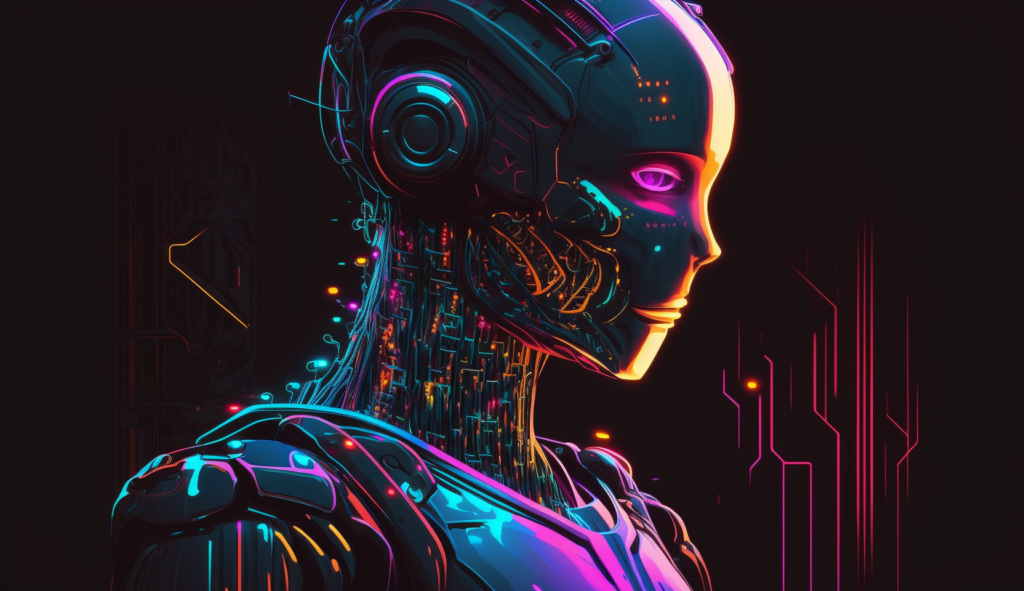
Key Takeaways
The risk of engineers being replaced by Artificial Intelligence (AI) is a real concern for many people in the engineering field. Automation and AI are already making their way into some aspects of engineering, which raises fears about job security. However, it’s important to understand that while automation can have an impact on certain roles within engineering, the true potential of AI lies in augmenting existing roles rather than replacing them entirely.
At its core, AI is designed to optimize processes and make them more efficient. In this sense, it can help streamline manual tasks or even automate entire jobs that don’t require human judgment or creativity. This could be anything from handling mundane data entry tasks to providing predictive analytics based on large datasets. While these advances may ultimately lead to job losses, they also open up opportunities for new positions and skillsets focused on developing and managing the complex systems required for AI-driven engineering projects.
Looking ahead, it’s clear that successfully navigating the implications of engineering automation will involve rethinking traditional approaches to workflows and personnel management. As engineers embrace the possibilities offered by AI technology, we must remain mindful of how this shift impacts individuals as well as businesses and communities at large. With thoughtful planning, there is no reason why AI cannot become a powerful tool that augments rather than replaces existing roles in today’s workforce – something all stakeholders should strive towards achieving together.
Video Summary
Author: Ole Paulson
Author Bio: I’m Ole and on this website, I share everything there is to know about Artificial Intelligence, and useful tips for using AI to our advantage. I have a background in data science and research and have been following the AI-space for years. You can read more about me in the “About” page.

